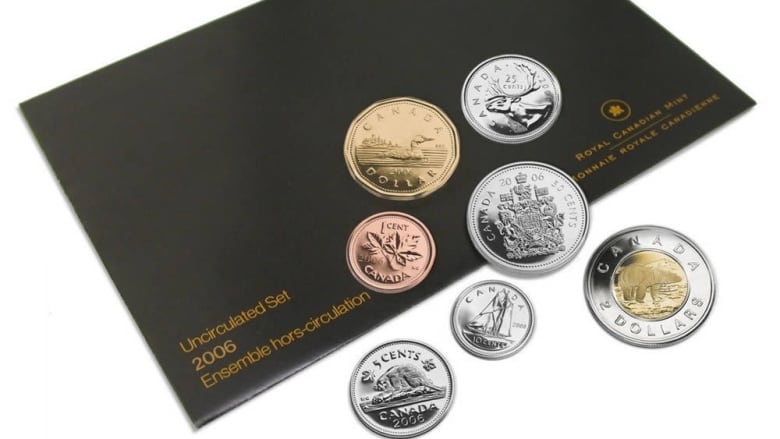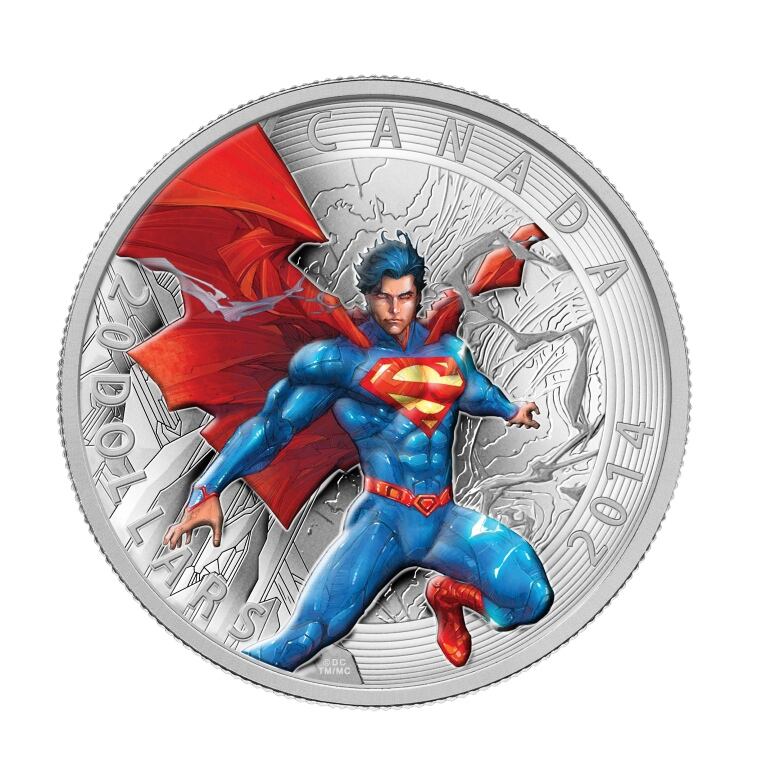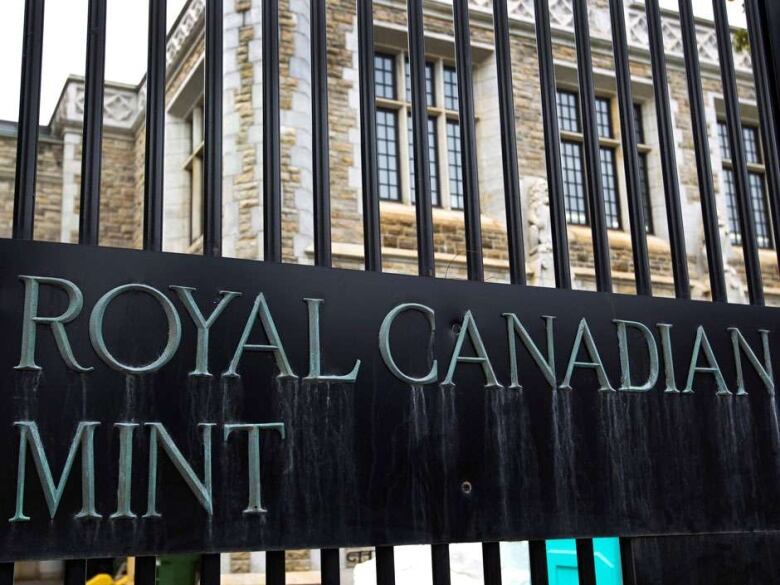Royal Canadian Mint struggles to make money: documents
Internal documents reveal financial troubles and weak sales at Royal Canadian Mint

The Royal Canadian Mint just isn't making the money it used to.
Revenue is down sharply, jobs have been chopped, morale is in the tank, and formerly successful lines of business are being shut down even as the mint spends millions of dollars on new executive offices.
Once a cash cow, the mint which actually lost money in 2015 is struggling financially.
Latest figures for the third-quarter of 2016 show that revenues were down by $208 million, or about 27 per cent, and profits were down by $6.5 million, or 61 per cent.

President Sandra Hanington told employees in November that a bonus for this year was "unlikely" given the troubled balance sheet.
A silver collectible coin series so-called face value coins, including last year's silver $20 Star Trek coins was ended on Jan. 1 this year because of poor sales.
"At Oct. 1, 2016, the market price of silver was significantly less than the face value of these coins," the mint said in a release Friday, explaining its weak third-quarter sales. "Effective Jan. 1, 2017, the mint is no longer selling face value coins."
Full refunds
Droves of customers have been returning these coins for full refunds, forcing the mint to revise the way it reports such revenues to better account for the high returns. Those complex accounting revisions are part of the reason the mint was almost three months late in reporting its third-quarter results, which were due Nov. 30.
CBC News obtained dozens of internal Royal Canadian Mint documents under the Access to Information Act, which reveal an institution literally in the business of making money that's losing its lustre.
Hard times began under the Conservative government, which told the mint in 2012 to stop producing pennies; in 2014, to sell its digital currency start-up MintChip to the private sector; and in 2015, to stop taking a profit on production of Canadian circulation coins for the federal Finance Department.

The timing was bad. The mint had just spent $62 million beefing up its Winnipeg plant an amount the mint's board later decided was not likely to be recouped through increased sales. It recorded a $65.5-million writedown of the Winnipeg assets, leaving the mint with a loss of $500,000 in 2015.
Change can be difficult for employees.- Christine Aquino,Mint spokesperson
The previous loss was recorded in 2003. Since becoming a Crown corporation in 1969, the mint has lost money in only six years.
The mint was also stung by a 2014 report from the auditor general of Canada, which found hospitality and travel expenses were poorly managed. And a CBC Fifth Estate story in June 2015 reported on a pricey trip to a luxury Mexican resort by 11 mint employees, prompting the Conservative government to crack the whip.
In a July 2015 order, the Conservative government directed the mint to tighten its travel and hospitality rules to match those of the government. Among other things, the order led directly to the cancellation of company-sponsored Christmas parties beginning in 2015.
An April 2016 employee survey, commissioned from consultants Aon Hewitt, found a large drop in morale in Ottawa and Winnipeg, placing the mint at the bottom of a national scale comparing Canadian corporations.
"One of the most vocalized topics was the cancellation of the annual Christmas party," says the Aon Hewitt report. "This was perceived with significant impact to employees who had faced a difficult year."
Job losses may also be part of the morale problem: the mint chopped at least 60 positions in 2015, the first year of Hanington's five-year presidency.
$6.5 million for executive suites
In the meantime, the mint is spending about $6.5 million on renovations to two suites of executive offices at its Ottawa headquarters on Sussex Drive. Officials justify the spending as a money-saver over the long run.
All is not bleak: the sale of MintChip in December 2015 brought in $5 million, with another $11 million due in 2022. And the new Liberal government inDecember reversed the Conservative government's profit prohibition on minting Canadian circulation coins, allowing the mint to start making a profit again on manufacturing nickels, dimes, quarters, loonies and toonies this year.

Despite the problems, the mint's sales of gold bullion are strong, as are sales of circulation coins to foreign governments, according to spokesperson ChristineAquino.
"[The] Canadian circulation program continues to be delivered below budget," she said.
"Currently, all three plating lines [at the mint's Winnipeg plant] are fully operational, and 70 new full-time positions have been added in Winnipeg as a result of increased foreign sales."
Aquino says major revisions in the mint's business strategy are setting up the organization for improved profits in future.
"Change can be difficult for employees, and we know it can take some time to adjust to a shift in approach," she said.
"The mint is full of talented people, and we will continue to succeed in fact, we are already encouraged by the results that our new customer-driven strategy has produced and look forward to improved profitability and achievements."












_(720p).jpg)


 OFFICIAL HD MUSIC VIDEO.jpg)
.jpg)



























































































